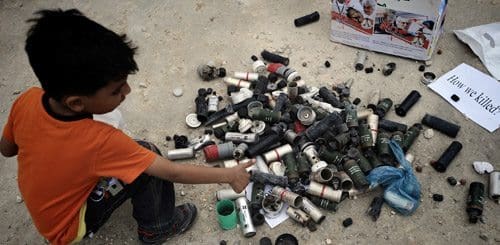The human rights crisis in Bahrain is not over. Despite the authorities’ claims to the contrary, state violence against those who oppose the Al Khalifa family rule continues, and in practice, not much has changed in the country since the brutal crackdown on anti-government protesters in February and March 2011.
The Bahraini authorities have been vociferous about their intention to introduce reforms and learn lessons from events in February and March 2011. In November 2011, the Bahrain Independent Commission of Inquiry (BICI), set up by King Hamad bin ‘Issa Al Khalifa, submitted a report of its investigation into human rights violations committed in connection with the anti-government protests. The report concluded that the authorities had committed gross human rights violations with impunity, including excessive use of force against protesters, widespread torture and other ill-treatment of protesters, unfair trials and unlawful killings.
So far, however, the government’s response has only scratched the surface of these issues. Reforms have been piecemeal, perhaps aiming to appease Bahrain’s international partners, and have failed to provide real accountability and justice for the victims. Human rights violations are continuing unabated. The government is refusing to release scores of prisoners who are incarcerated because they called for meaningful political reforms, and is failing to address the Shi’a majority’s deeply-seated sense of discrimination and political marginalization, which has exacerbated sectarian divides in the country.
In recent months, the Bahraini authorities have become more concerned with re-building their image and investing in public relations than with actually introducing real human rights and political reforms in their country. Indeed, for the authorities, much is at stake. They are keen to portray Bahrain as a stable and secure country in order to stave off international criticism. But as the country is about to host the Formula 1 Grand Prix on 20-22 April, after the event was cancelled last year in response to the instability in the country, daily anti-government protests continue to be violently suppressed by the riot police that use tear gas recklessly and with fatal results. Acts of violence by some protesters against the police have also considerably increased in the last three months.
Holding the Grand Prix in Bahrain in 2012 risks being interpreted by the government of Bahrain as symbolizing a return to business as usual. The international community must not turn a blind eye to the ongoing human rights crisis in the country. The government must understand that its half-hearted measures are not sufficient – sustained progress on real human rights reform remains essential.

